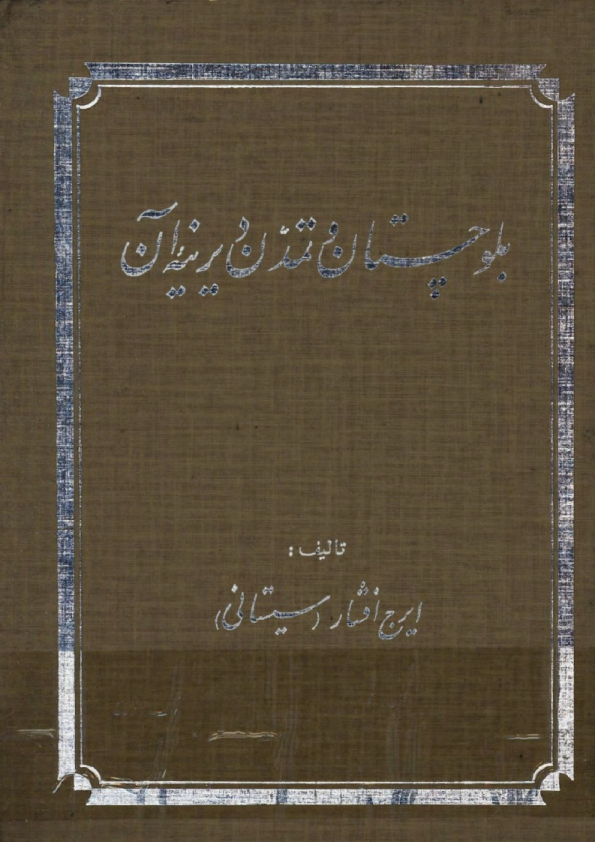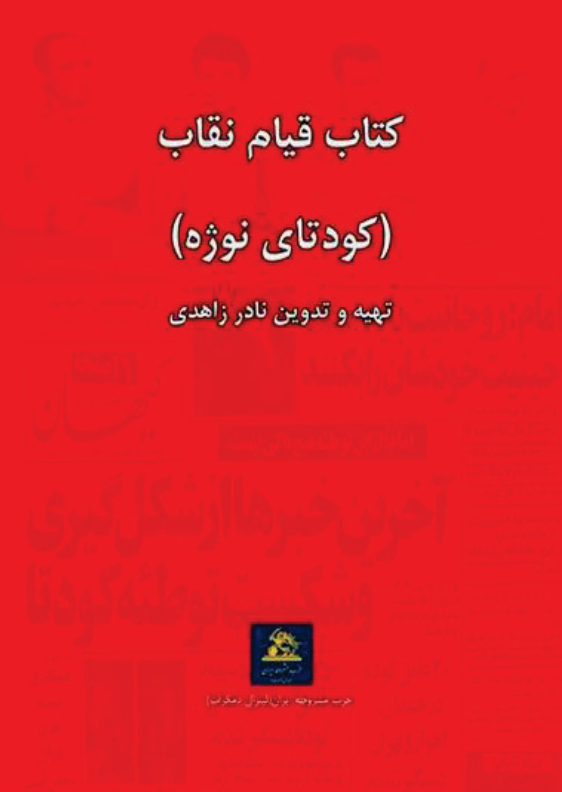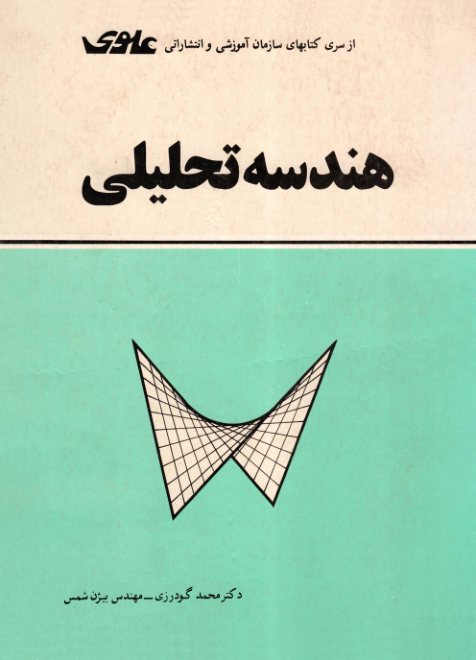Make full use of the standard library components in C++17
Key FeaturesBoost your productivity as a C++ developer with the latest features of C++17Develop high-quality, fast, and portable applications with the varied features of the STLMigrate from older versions (C++11, C++14) to C++17Book Description
Modern C++ has come a long way since 2011. The latest update, C++17, has just been ratified and several implementations are on the way.
This book is your guide to the C++ standard library, including the very latest C++17 features.
The book starts by exploring the C++ Standard Template Library in depth. You will learn the key differences between classical polymorphism and generic programming, the foundation of the STL. You will also learn how to use the various algorithms and containers in the STL to suit your programming needs. The next module delves into the tools of modern C++. Here you will learn about algebraic types such as std::optional, vocabulary types such as std::function, smart pointers, and synchronization primitives such as std::atomic and std::mutex. In the final module, you will learn about C++’s support for regular expressions and file I/O.
By the end of the book you will be proficient in using the C++17 standard library to implement real programs, and you’ll have gained a solid understanding of the library’s own internals.
What you will learnMake your own iterator types, allocators, and thread pools.Master every standard container and every standard algorithm.Improve your code by replacing new/delete with smart pointers.Understand the difference between monomorphic algorithms, polymorphic algorithms, and generic algorithms.Learn the meaning and applications of vocabulary type, product type and sum type.About the Author
Arthur O’Dwyer has used modern C++ in his day job for about ten years-since the days when “modern C++” meant “classic C++.” Between 2006 and 2011 he worked on the Green Hills C++ compiler. Since 2014 he has organized a weekly C++ meetup in the San Francisco Bay Area, and he speaks regularly on topics such as those to be found in this book. Later this year, he will attend an ISO C++ committee meeting for the second time.
This is his first book.
 کتاب سل Ketab Sell | کتاب سل، بزرگترین منبع کتاب و جزوههای دانشجویی
کتاب سل Ketab Sell | کتاب سل، بزرگترین منبع کتاب و جزوههای دانشجویی









Reviews
There are no reviews yet.